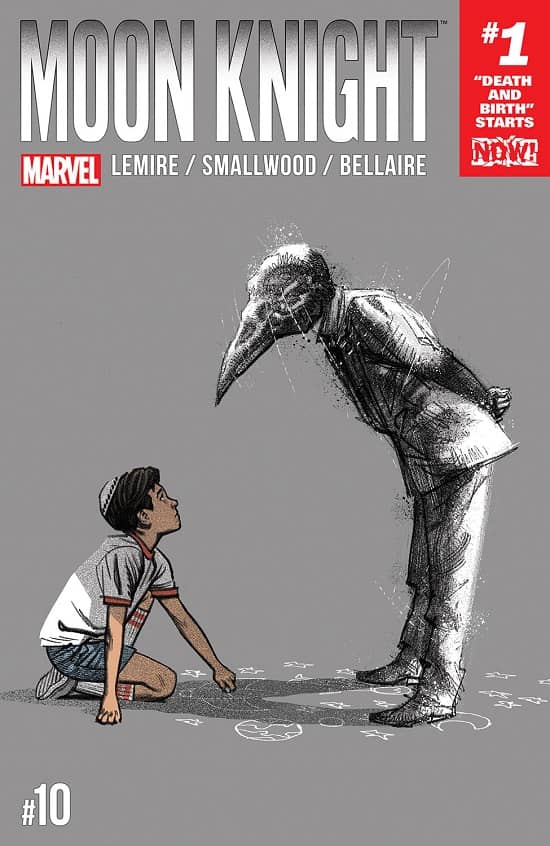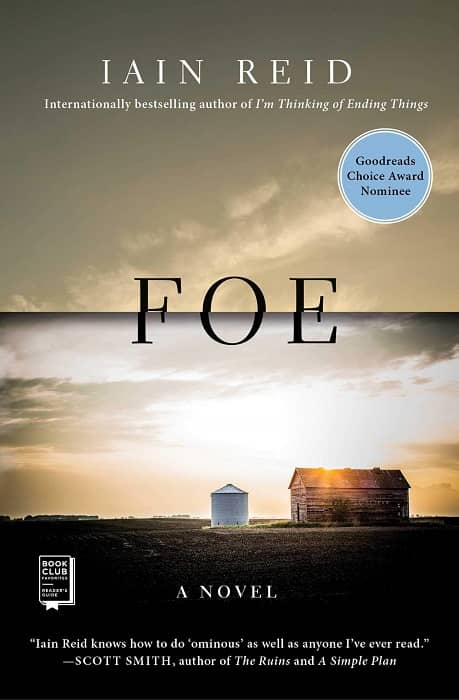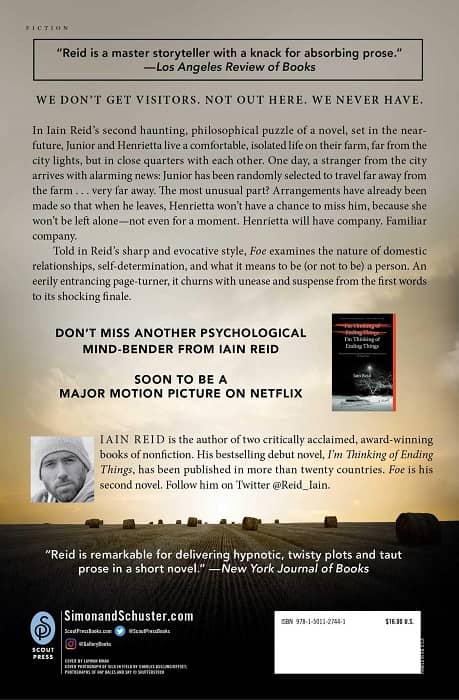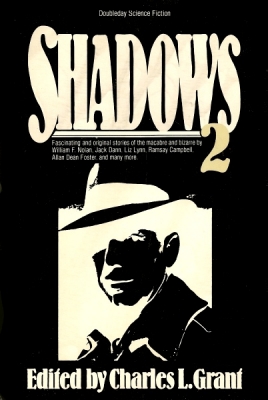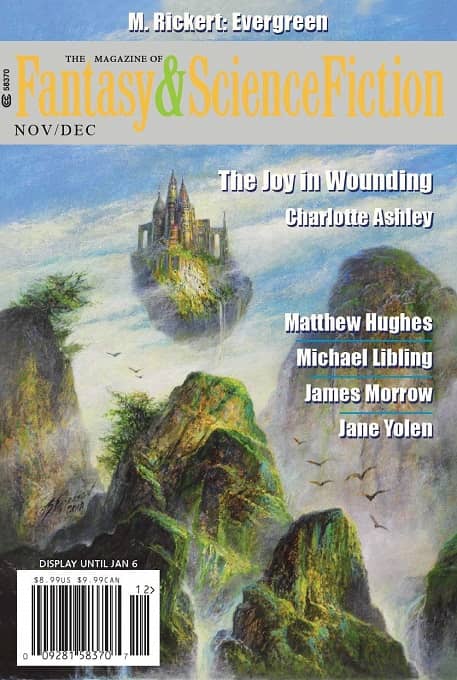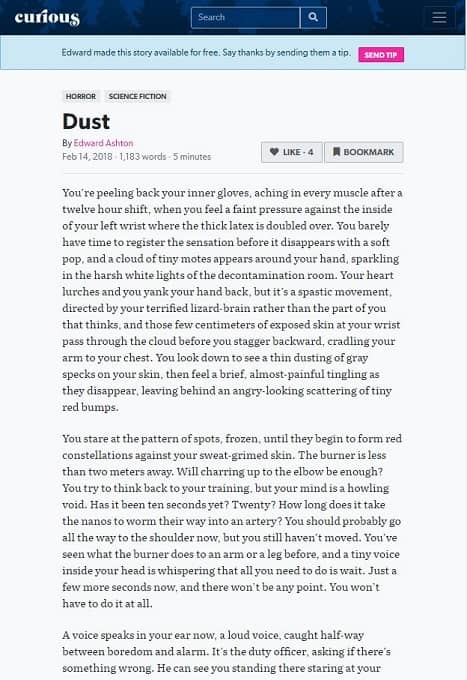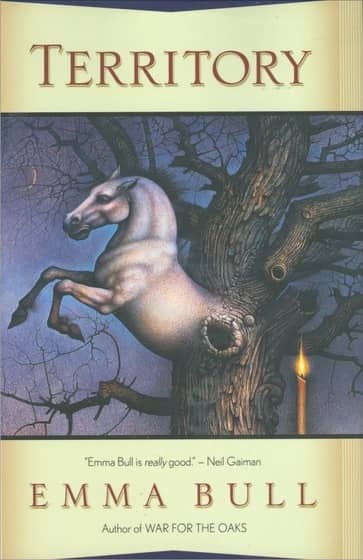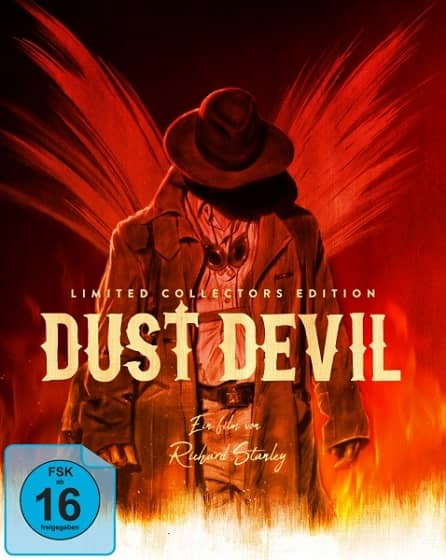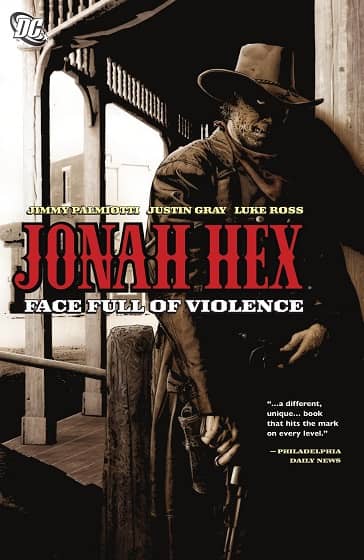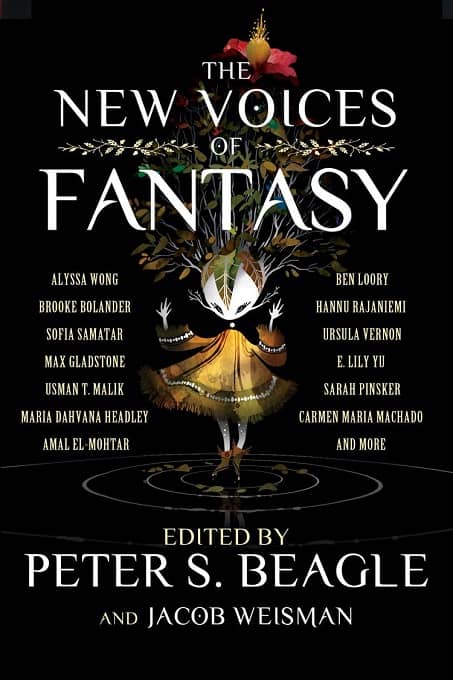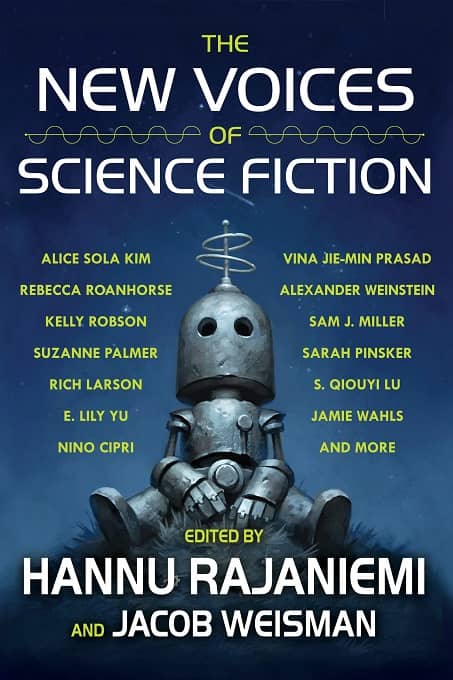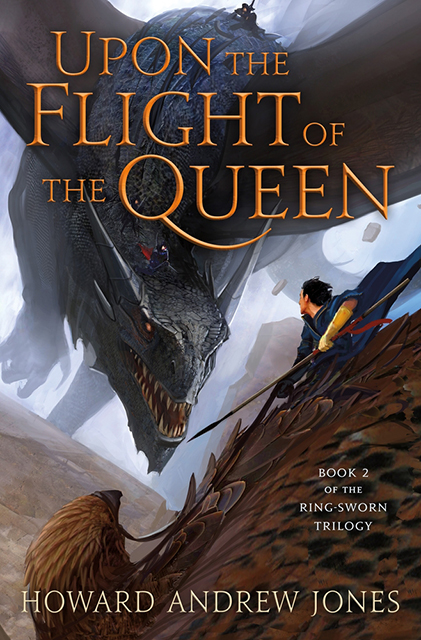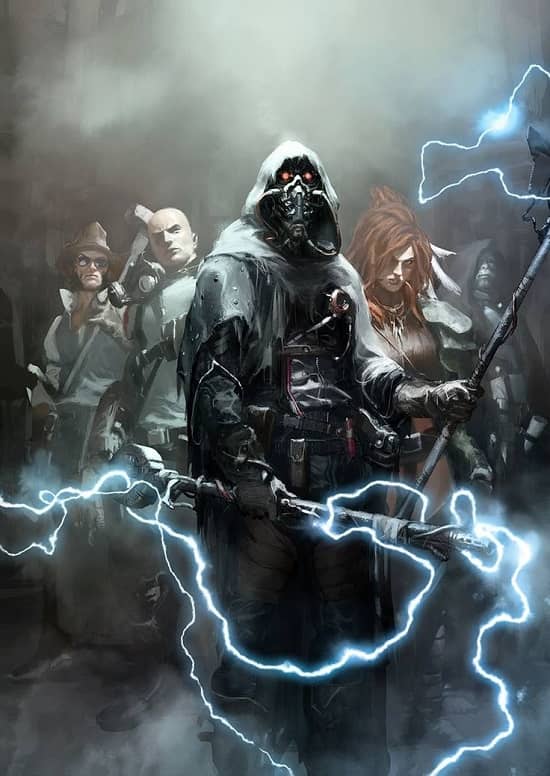Vintage Treasures: Re-Birth (The Chrysalids) by John Wyndham
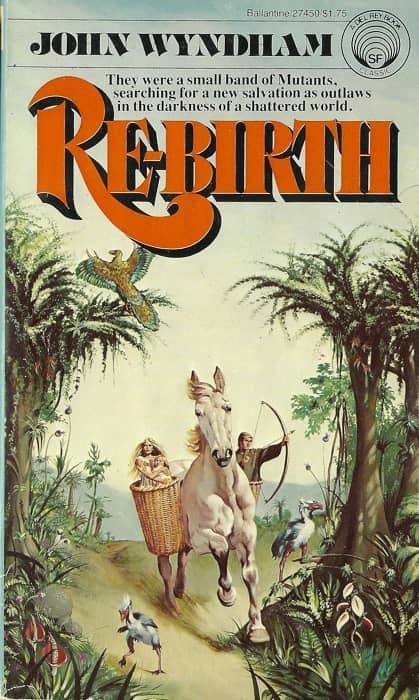 |
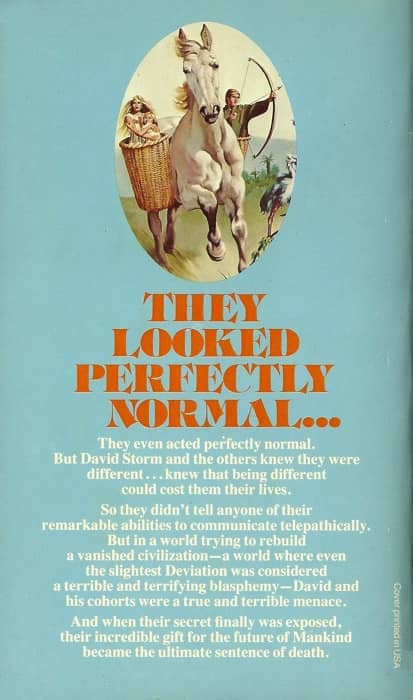 |
Cover by Michael Herring
In the 1950s, Ballantine Books reprinted much of John Wyndham’s science fiction in the US with memorable covers by Richard Powers, including The Kraken Wakes (1953), The Chrysalids (1955), Tales of Gooseflesh and Laughter (1956), Trouble with Lichen (1960), and The Infinite Moment (1961). In the process they also made up new names for it, because, you know, America. So The Kraken Wakes became Out of the Deeps, and The Chrysalids became Re-Birth.
In the mid-70s, which was when I was discovering John Wyndham, Del Rey repackaged four of Wyndham’s most popular novels with brand new modern covers. They were:
The Midwich Cuckoos (June 1976)
Trouble with Lichen (August 1977)
Out of the Deeps (December 1977)
Re-Birth (April 1978)
Wikipedia calls The Chrysalids “the least typical of Wyndham’s major novels, but regarded by some as his best.” In a ridiculously short 3-sentence review Kirkus said it was “SF on the fantasy side.” A far more reliable reviewer, Jo Walton at Tor.com, called it, “My favourite of his books… [it] set the pattern for the post-apocalyptic novel.” It’s is my favorite as well…. but mostly because it’s the only one set in Canada (Labrador, that strange slip of Quebec that belongs to Newfoundland). Here’s a snippet from Jo comments.
